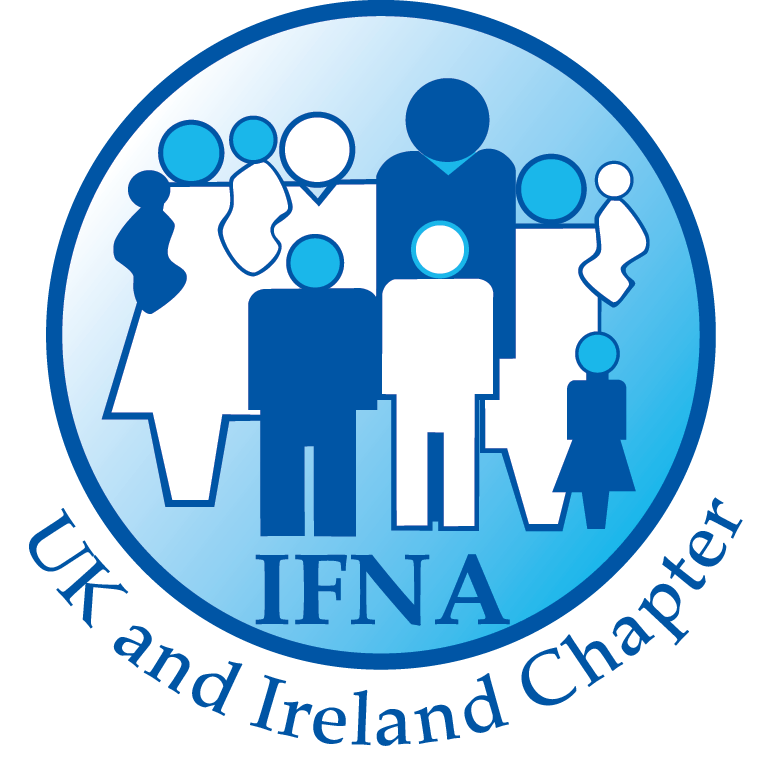A mother’s lifelong support
Cystic fibrosis (CF) is a serious, inherited, long term condition. CF primarily affects the lungs and digestive system but as it progresses other organs are affected. CF related diabetes (a different form of diabetes to type 1 & 2), liver disease, CF related arthritis and osteoporosis are complications of CF. People with CF usually need a daily routine of treatment which will differ between individuals depending on how they are affected by their CF and its complications.
I was born in the early 1960s when people with CF were expected to die in early childhood and it was rare for individuals to live into their teens. As a consequence, I grew up against a background of negatively which was, fortunately, counteracted by a more positive attitude adopted by my family, especially my mother. Despite having lost one child to CF, she was determined I should grow up in a more positive milieu than that reflected by health professionals and the media during the 1960s, 1970s and early 1980s until the setting up of CF centres saw a less fatalist stance embraced.
Exactly how CF impacted on our family is difficult to measure. Since CF is an inherited condition my brother’s decision to have children involved him and his then wife having to embark on genetic counselling and tests to identify if they were carriers of the condition: a stressful time for them. Like many women of her generation, my mother took on the full responsibility of my CF care (without compliant) while still finding time for my non affected brother until I was able take over myself. This added to her care burden in comparison to families without CF children and meant she was never able to resume her career as a legal secretary. Prior to my teens, I was fortunate not to require daily physiotherapy as my lungs were relatively clear and plenty of exercise sufficed. However, due to a combination of malabsorption and ineffective pancreatic enzymes mediation compared to the modern generation of these preparations, I had a ferocious appetite and my mother seemed to spend much of her time trying quench my hunger and getting me to exercise!
Regular trips to the hospital for routine check-ups were a necessary evil and my mother made these trips as pleasant as was possible. In those days, we had to wait, literally, hours to see the consultant which was tremendously boring and frustrating, especially for my younger brother who was sometimes forced to accompany us due to the lack of a baby sitter. Once over, she would often treat us to pop and a vanilla slice before a visit to the local museum. The latter had a white life size stuffed polar bear which I was captivated by.
Even as an adult, I relied upon support from my mum to help balance the demands of completing a PhD, full-time work and life in general with an ever-increasing treatment regime. Although no longer in the driver seat, she would still accompany me to hospital when I started home intravenous antibiotic treatment, providing emotional support and assisting with carrying all the equipment to the car when my husband was abroad due to work demands. To save me having to race back from work before the doctor’s surgery closed, she would pick up prescriptions for me and collect the medication from the pharmacy, relieving me of that task.
With the introduction of a new generation of medications such as Kaftrio which target the actual cause of the condition rather than treatment the symptoms, treatment has become less burdensome and made the prospect of dying in ‘old age’ a reality, especially for people born after me. Prior to taking this medication, I needed intravenous antibiotics about every 8-12 months, it is now over 3 years since I needed a course. Where I once believed I might die before reaching my 60th birthday, I now believe I will live beyond 70. Sadly, after all the hard work my mum had invested in keeping me well, she did not live to see me benefit from these new treatments as she died of cancer in 2018.

